Early in 2020, inquiries for our speech-writing services were arriving in their droves. From Westminster to Washington, weddings to wine tastings, people needed our help. We canceled our weekends and prepared for life without a mortgage.
Covid gave us our weekends back. And all the other days. But when parties and events returned, a significant chunk of our clients did not. It was weird.
But this wasn’t a vaccine complication, just a new player in the market. Previously we’d only had to win business against other humans. Suddenly, we were faced with a competitor able to provide speeches for any occasion in seconds. ChatGPT was doing to us what PornHub had done to the top shelf in the local newsagent. We weren’t the only ones. The Writers Guild of America even went on strike. “How dare technology challenge the status quo?” they tweeted from their smartphones.
Unlike those writers, we have become big fans of ChatGPT, though. To explain why, let’s take a step back.
Great speeches make our hearts beat faster. You can’t write them using an algorithm
Which are the greatest speeches from history? The words that still make us tingle? A couple spring easily to mind: JFK on choosing to do things “not because they are easy, but because they are hard”; Martin Luther King taking us to the mountaintop. Why were we convinced by Tony Blair, seduced by Barack Obama and beguiled by Boris Johnson? Because they connected emotionally with us. Jimmy Carter, George H.W. Bush, Al Gore and former British prime minister Rishi Sunak all informed us, but they rarely made us feel.
Great speeches make our hearts beat faster. You can’t write them using an algorithm. ChatGPT and its AI relatives are not our competitors, they’re our sherpas, able to scan the web in the time it takes us to sip our tea. Sometimes, their research is even accurate. AI can source anything, check everything and summarize Ulysses in 50 words. It can even write jokes, some of which would make it on to the radio. Probably because they have already been made on the radio.
And that’s important. ChatGPT is an excellent reader and regurgitator of existing material. It will trawl and standardize, which means it is literally the perfect place to go for a completely average speech. An AI speech will, however well curated, lead a thousand bridegrooms to give a wedding toast that is, well, recognizable.
For a start there’s the slightly formulaic use of language. Ask ChatGPT to tell you about ChatGPT and it will reply: “Absolutely! Here’s a simple and friendly overview of ChatGPT.” Which I wouldn’t recommend as an opening to your TED Talk.
It also likes to explain that “it’s not this, it’s that.” As in: “It’s not a crisis, it’s an opportunity.” Or: “It’s not chaos, it’s creative thinking.” Which grates after a while. As does the proliferation of corporate buzzwords, from “leverage” to “synergy” and the nauseating “let’s dive deep.” If your best man uses that at your wedding, please punch him.
I’m told that MPs in London’s House of Commons liven up debates with games of ChatGPT bingo. One MP, Tom Tugendhat, recently called out the numerous members whose speeches begin: “I rise to speak.” What does that even mean? In Tugendhat’s words, “this place has become absurd.” And it isn’t the only place. I guarantee that next time you’re at a wedding, every speech with sentences starting “Certainly” or “Absolutely” has tumbled out of an algorithm. As have those where lists of three appear at regular intervals. And where a father of the bride looks at his daughter lovingly and explains, “it’s not about the perfect wedding day, it’s about the lifetime of days that follow.” No human has ever written that.
Wedding speech clichés reproduce like rabbits on ChatGPT. “Marriage is like a seesaw: it only works if both of you lean in at the right time.” We received three of those last week alone. And two of these: “I’m not losing a daughter at all – I’m gaining someone else to help me finally understand her.”
Joyously, and unlike a few years ago, the human ability to spot AI has developed faster than AI’s ability to ape human connection, which is why our clients are returning. Possibly because human writers start by asking them personal questions, digging and pressing to unearth nuggets of real warmth.
Ultimately, ChatGPT can write the sameish speech millions of times – but what it can’t yet see is that “Yes we can” touched the soul in a way that “Absolutely! Here are three reasons we are able to!” never will.
Lawrence Bernstein is the director of Great Speech Writing.



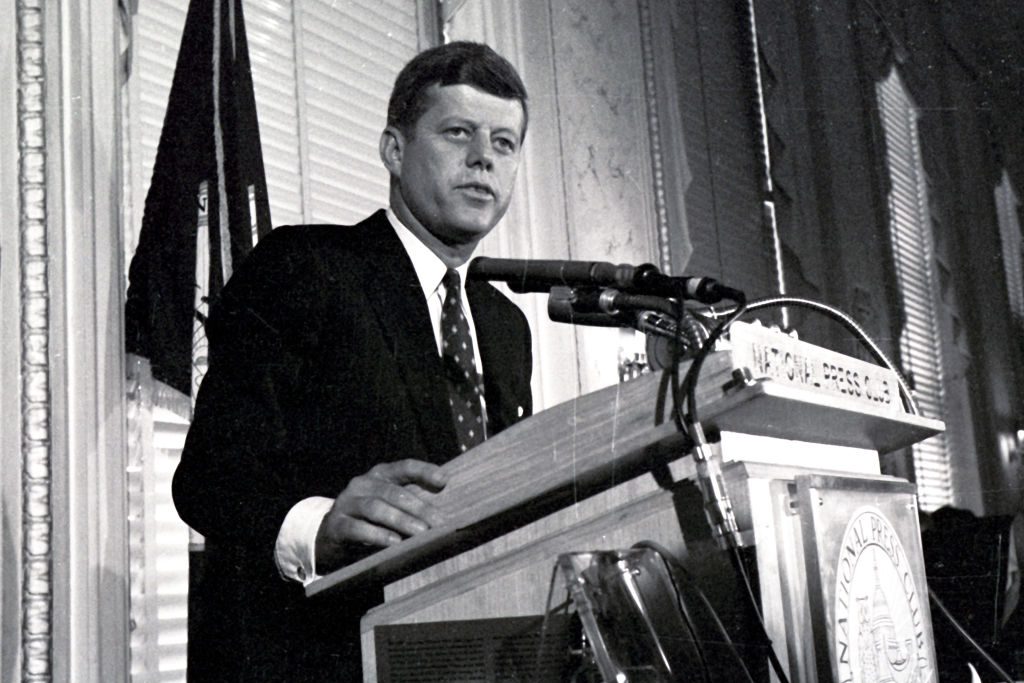









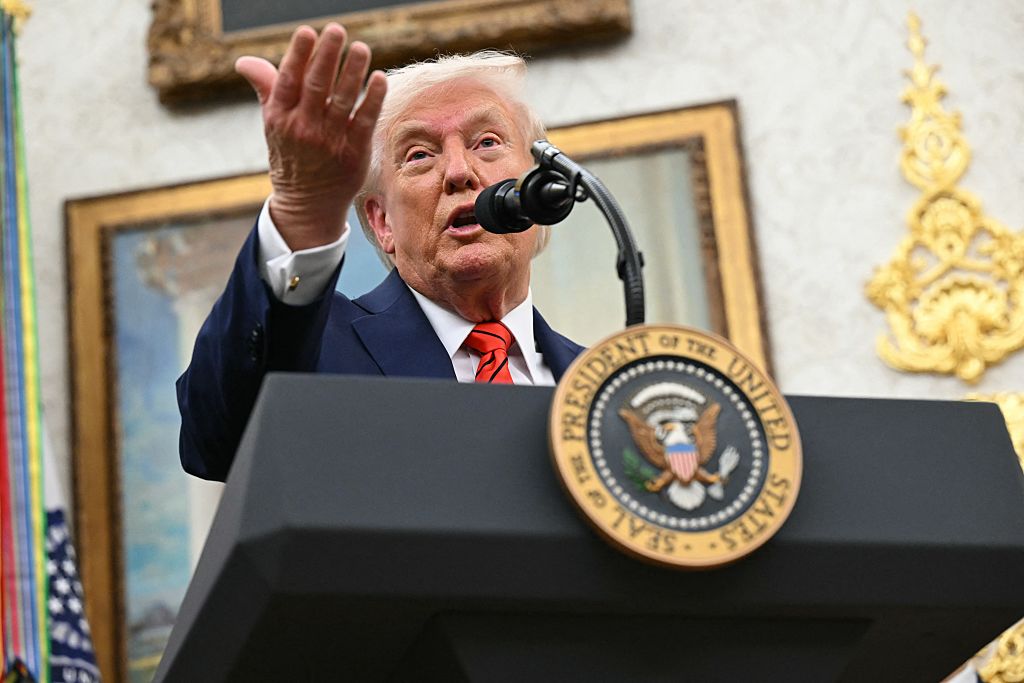
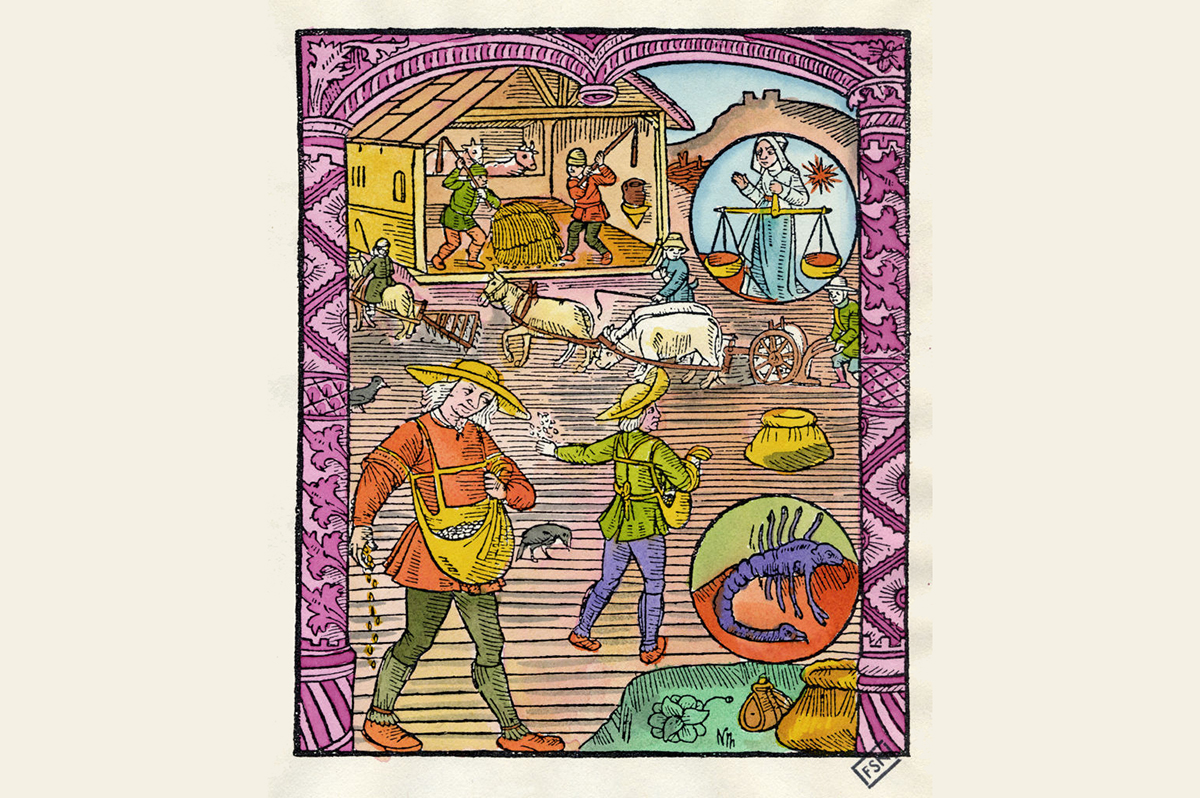
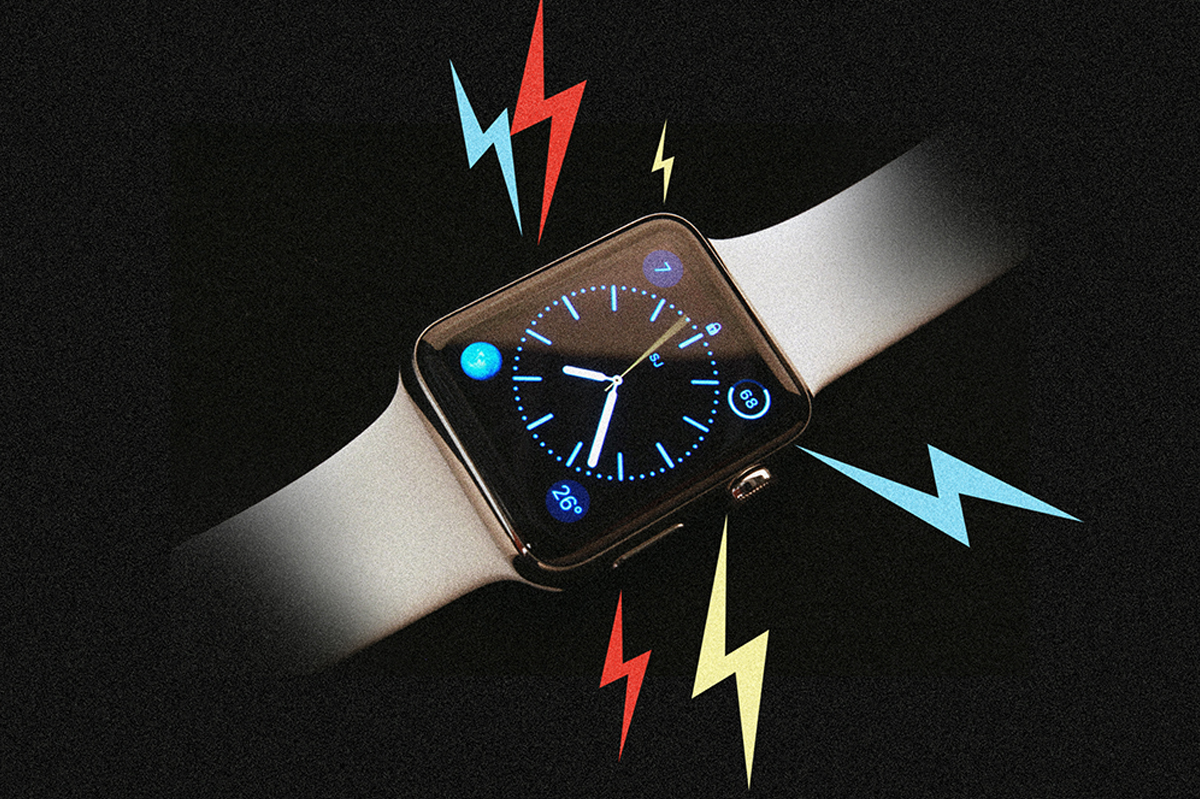
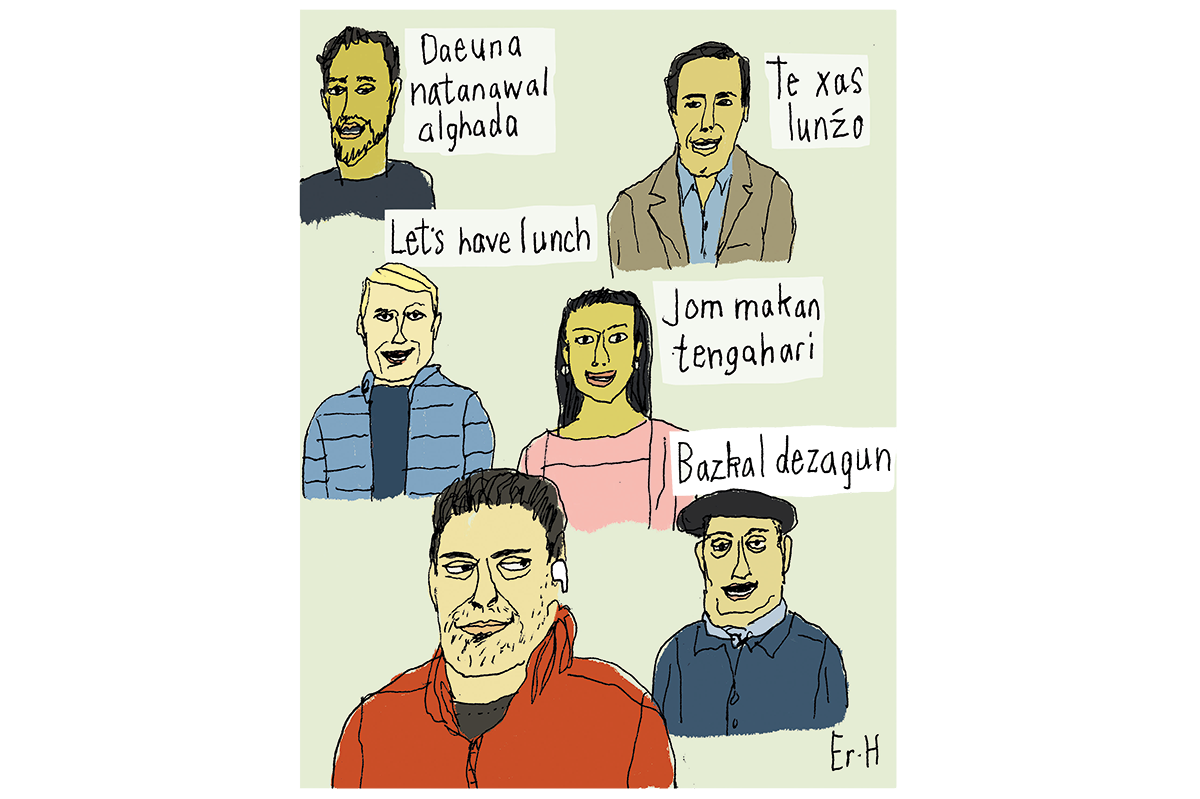









Leave a Reply